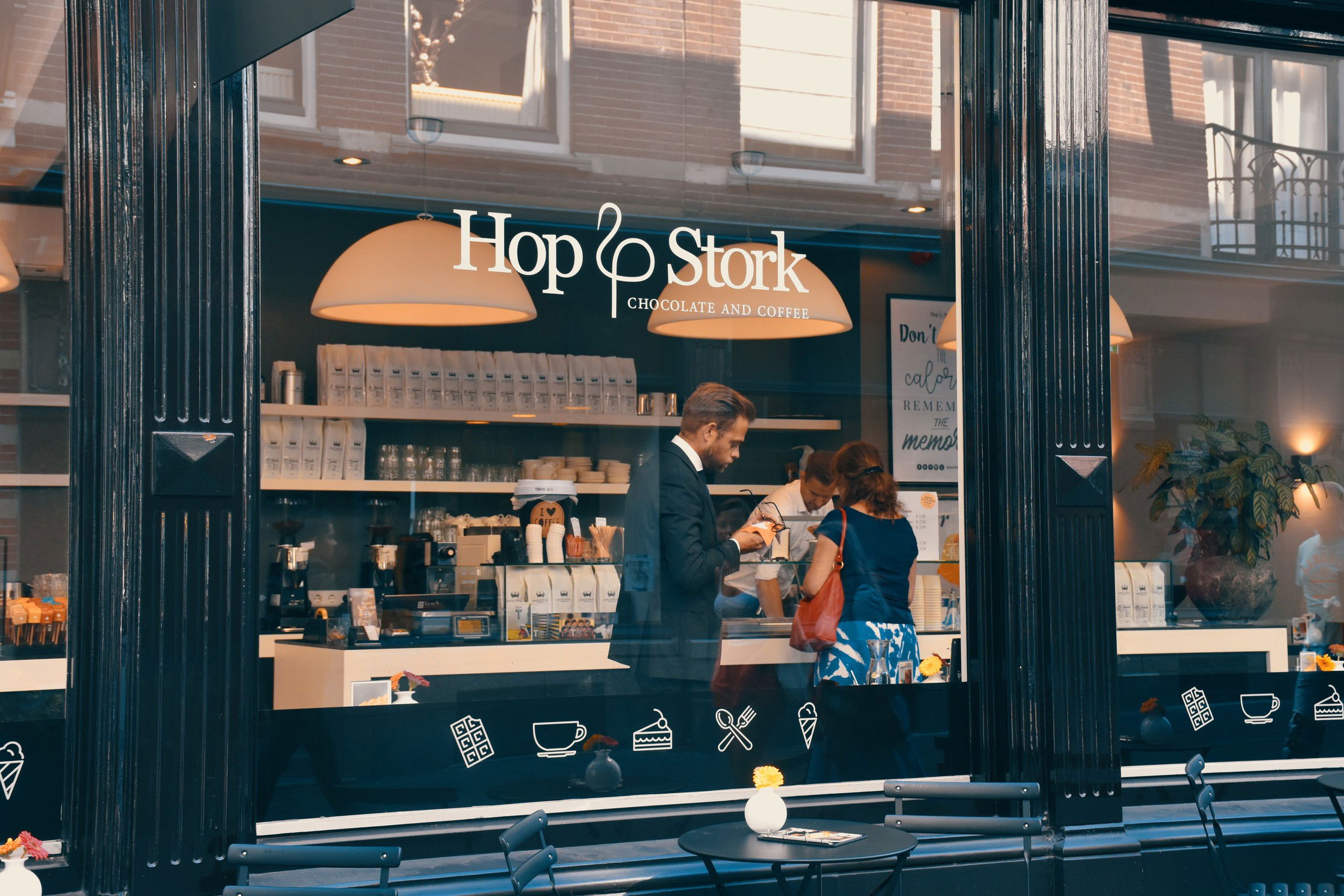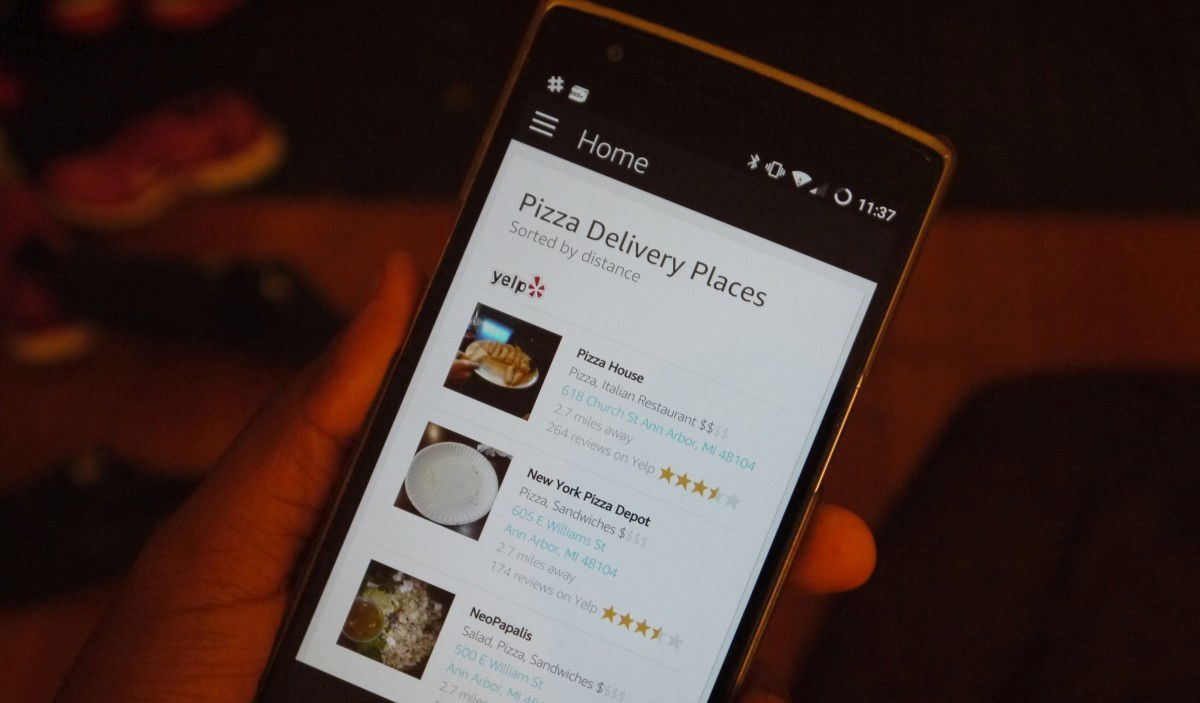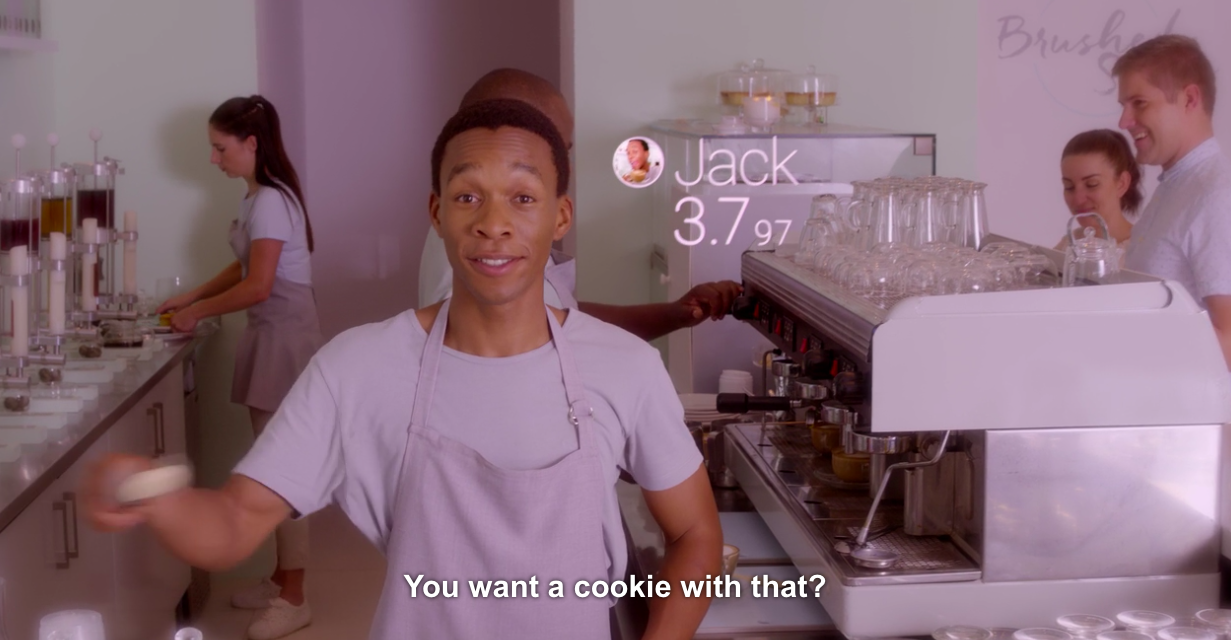Trust in the collaborative economy

In 1920, a Canadian golfer named David Mulligan was practicing some swings in a country club in Montreal. He missed way too many shots and wasn’t particularly happy with one of them. So he decided not to count it and take a “correction shot” – which is by all means forbidden in golf. His partner thought the name “mulliganshot” is better suited for it.
To this day, golfers around the world use the expression “taking a mulligan” to describe a dishonest shot in golf.
Now, here’s the problem. Unlike other sports, golf has no referee and greatly relies on players’ honesty. It praises itself to be the standard of nobility and blind trust among players.
Or is it?
As it turns out, a study by behavioral economist Dr. Dan Ariely suggests that 40% of golfers think that their peers would take amulligan on the first hole.
It looks like the romantic ideal of golf doesn’t exist after all. Most golfers don’t trust one another. Knowing that most golfers are businessmen, how critical is trust to our economy? Let’s dig deeper.
Gentlemen Agreement in the Airbnb Era
In the world of business, trust is the social lubricant that makes people work willingly.
The “gentlemen agreement”, a mere handshake was long used to seal deals.
Interestingly, this evolved greatly but never really left. Like Aristotle prophesied, we are social animals; society precedes us and always will. And for this reason, trust has prevailed while economy kept evolving to meet our ever changing needs.
With the dawn of this century, disruptive business models immerged in line with the age of collaborative economy.
Just think Airbnb, Blablacar or Lendix. People are trusting away strangers in their living rooms, then sharing rides with them. Others are financing their education or medical expenses using strangers’ money. We are sharing (or willing to share) more than ever while our societies are getting more individualistic than any time before. Leaving the philosophy of such paradox aside, we need to be able to trust each others to function in our sharing societies.
In fact, collaborative consumption that represents the new standard of sharing societies took momentum so rapidly that we didn’t get the chance to realize it. Although, it’s only logical: to our needs evolved (I don’t have to own a car to get around the city), our pockets adjusted (I’d rather save on hotel fees and try the new Korean-Mexican fusion deli), our time is valuable (more and more people juggle between multiple jobs), and foremost, technology is getting handy and cheap.

Allow me to share a personal story from my days back in college in the United States.
To make ends meet, I signed up for a collaborative dog-care service where I’d offer to walk someone’s dog against a fee.
With many jobs requiring frequent travels and people working overtime new business models immerged. Startups were clever enough to leverage the void left by considerable change in humans routine. They connected the dots between students (managing tight budgets but having extra time) and dog owners (loose budgets, tight schedules) to provide a convenient service (walking the dog). But first, they need to make sure I am no psycho-on-the-making that abuses pets.
To this end, being selected as a dog walker involves a thorough application process, an online exam, three references from friends and a complete credit / background check. The process is long and costs prospective dog walkers money and time (a non-refundable US $20, and two weeks of background check on average). Then, I had to build a reputation from scratch (by being always on time, taking good care of the dog, giving extra walking time for free, never canceling a walk, never pushing for tips, etc.).
The advancement of technology made this possible since everything is app based. The app even tracks your journey and provides insightful KPIs to score and rank service providers. End-to-end chat services make sure the dog owner can get a hold of the service provider for routine / emergency communication (they’d sometimes ask you for a selfie with their dog).
In this case, establishing trust needs background checks, references, and even selfies. The process is long and inefficient. The question that comes to mind is, how can we prove to people that we are as trustworthy with pets as we are creditworthy, financially sound and serious about our career ambitions?
Clearly, we are lacking the correct framework for this trust-demanding economy. Undeniably, we are now on the verge of a new form of trust. Let’s call it a “trust marketplace” suited for a new way of collaborative life.
The Trust Marketplace
Chances are, you know a friend or a family member that enjoys leaving reviews on Google, Yelp or Amazon about his experiences and online interactions. These people are a unique breed, knowledgeable and driven by social reasons (rather than profit) to go to such lengths for the sake of sharing. In fact, economists and social scientist refer to them as “mavens”.

The problem is, our beloved “mavens” don’t stand out on a crowd. They are discreet and lack persuasion. They are not trying to convince people; they’re merely sharing for the sake of it. And to add up to the matter, anyone – especially online - can pretend to be one of them and mislead people. As a matter of fact, this is a huge problem for online users where as much as 30% of Amazon’s reviews are fake. It’s a real problem because trust here is very valuable on both ends of the transaction.
The same way my good ratings brought me more dog-owners, a well rated Airbnb customer is more likely to get the beautiful apartment in La Barcelonnetta for a weekend to remember.
With that in mind, one can clearly see the flaw in the current review / rating system. As economy evolved, the form used to acknowledge or express trust has to catch up. Otherwise, how can we make sure our trail of actions is linked to our true identities? How can we uncover untrustworthy people operating under different digital identities?
And why does a trustworthy vendor in Amazon have to go through the struggle of building his reputation from scratch every time he offers his services elsewhere? The answer lies in an independent, comprehensive, inclusive and generalized trust marketplace that applies to just about everything while mitigating any conflict of interest. It displays a mere Trust score that speaks louder than any promise.
The Trust Score
Undeniably, huge streams of data will keep flowing from all the collaborative consumption platforms we are increasingly using. A comprehensive solution will aggregate such data to paint a clear picture of how often we behave or misbehave and put a number on trust. Let’s call it the “Trust Score”. In fact, aggregation is key here, and it’s what makes big corporations unable to come up with a universal solution of their own.
For instance, Apple is already crafting scores based on Apple products users. These scores would be based on users phone calls, emails and interactions made on Apple devices. And it’s only a matter of time before Samsung and HTC will do the same with their users’ data. But neither will aggregate and get to the complete picture of a unified trust score. Hence, trustworthy people won’t have to go through the hustle of rebuilding their trust score every time they ask for a loan or apply for work permit.
A Final Word
Let’s make it clear that this is nothing like Black Mirror’s Nosedive episode where social media interaction scores backfires into a new way of social segregation. It’s not about tweets and Facebook posts leveraged to elect an official, to trap us into buying unnecessary stuff or to cunningly manipulate voters to take the wrong decision.

The ultimate objective being a comprehensive, transparent and universal score of trust and influence that encompasses traditional credit scores and several collaborative consumption scores. It’s there to lubricate business not to segregate based on trivial data.
Keywords: Trust Network, Trust Economy, Trust Currency, The Sharing Economy, The Collaborative Economy
Graphics: Unsplash, Pixabay if credited otherwise
Mehdi MEZNI - 2020